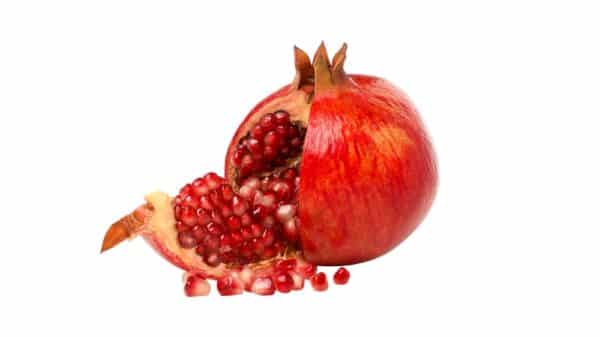If you’re among the many Americans grappling with high blood pressure, you likely prioritize reducing sodium intake and cutting saturated fats. However, an essential nutrient that warrants more attention is protein—especially quality protein from varied sources in each meal and snack.
To enhance your heart health, consider adding these seven high-protein foods to your grocery list.
1. Fish
Regardless of your preference for fish varieties—salmon, halibut, or more—incorporating it into your diet a few times per week can be beneficial. Fish not only delivers high-quality animal protein but is also rich in potassium, a vital nutrient that can aid in lowering blood pressure by relaxing blood vessels and counterbalancing sodium’s effects.
2. Eggs
Eggs stand out as a versatile, high-quality protein source containing all the essential amino acids. They are also abundant in vitamin A, selenium, and various B vitamins. The antioxidants lutein and zeaxanthin in eggs have been associated with a reduced risk of hypertension, making them a smart addition to any heart-healthy diet.
3. Nuts and Seeds
Nuts and seeds, such as walnuts, pecans, and sunflower seeds, offer high-quality protein along with essential vitamins and antioxidants that promote heart health. Adding them to salads, yogurts, or oatmeal not only enhances flavor but boosts nutritional content as well.
4. Sirloin Steak
Lean cuts of beef, such as sirloin steak, can be valuable sources of protein and iron. Despite the perception that red meat may harm heart health, studies indicate that lean options, when consumed in moderation, can fit within a healthy Mediterranean-style diet, offering benefits like strong vascular function.
5. Quinoa
Quinoa is recognized as a complete protein, supplying all nine essential amino acids alongside beneficial nutrients like folate. Preliminary research suggests that certain proteins in quinoa might lower blood pressure and improve gut health, though more studies on humans are necessary to confirm these effects.
6. Poultry
Chicken and turkey are excellent protein sources rich in L-arginine, an amino acid known for its blood-pressure-lowering properties. Consuming poultry facilitates the production of nitric oxide in the body, which helps relax blood vessels and improve overall blood flow.
7. Legumes
For plant-based protein, legumes—encompassing beans, lentils, and peas—are indispensable. These foods are rich in potassium and heart-healthy fiber, supporting healthy blood pressure while enhancing overall nutrient intake in your diet.
Why Protein Matters
Including a diverse array of protein sources in your meals can significantly improve heart health. A study involving over 12,000 participants revealed that individuals consuming four or more different types of protein weekly were 66% less likely to develop high blood pressure.
Proteins break down into vital amino acids essential for tissue repair, growth, and overall body function. While some amino acids are synthesized by the body, others must come from dietary protein, underscoring its importance in a balanced nutrition plan.
Our Expert Take
Incorporating a variety of high-quality protein sources, from fish and poultry to legumes and whole grains, is a simple yet impactful strategy for supporting heart health and managing blood pressure. Many of these foods not only provide protein but also essential nutrients like potassium, fiber, and healthy fats—working synergistically to protect cardiovascular wellness. By diversifying your protein sources each week, you’re ensuring your body receives the critical building blocks necessary for strength, repair, and long-term health.
Image Source: Unsplash































